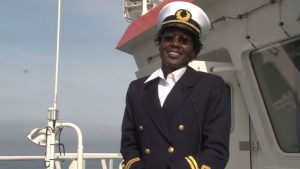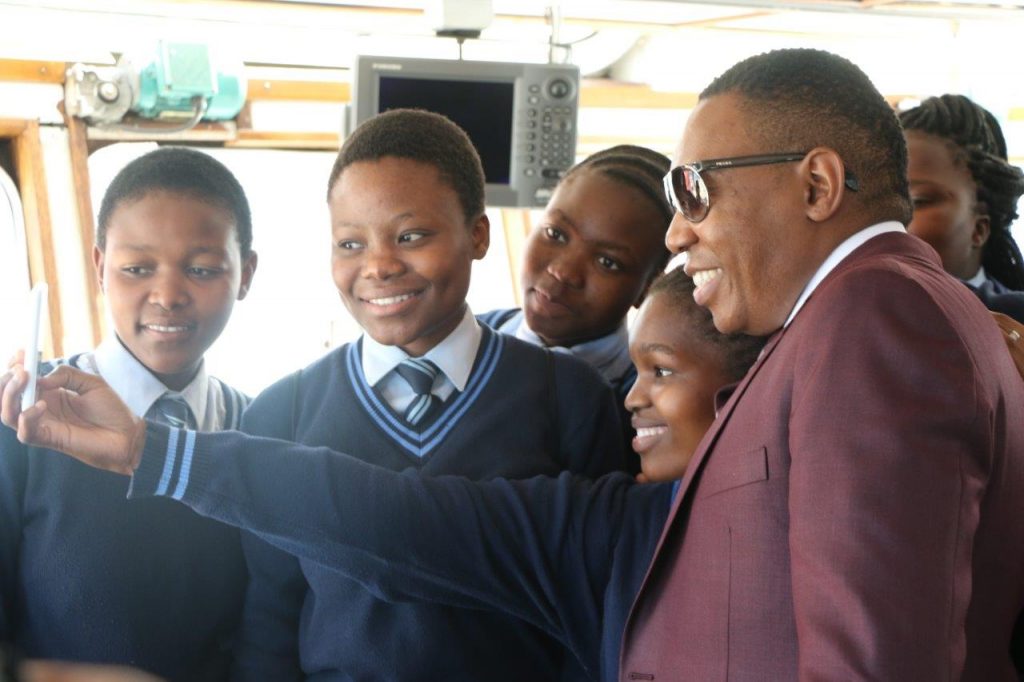During 2015, the need to advance women’s role in maritime activities has become a subject of unprecedented awareness and interest. And for good reason. The International Transport Workers’ Federation estimates that only 2% of the world’s maritime workforce is made up of women.

It is time to change this statistic by enhancing opportunities for women to be educated and gain experience in maritime activities. Equally important is changing the culture in the maritime sector to reduce the prejudices women encounter on a daily basis. Fortunately, there is evidence that efforts to do so are yielding results, even though building experience among women in the sector is no easy task.
Shipping and seafaring, from the time people first put to sea, has become increasingly diverse in terms of race, class and nationality. Sailors work for a mix of individual owners and companies that reflect this intricate and globalised industry that the world economy depends on. However, the diversity of the motley crew of global seafarers has yet to take on a visible mixture of men and women – as many seafaring occupations remaining the preserve of men.
The long interaction of (mostly) men and the sea has also created significant cultural barriers to the participation of women in seafaring. This is, however, no excuse for the continued exclusion of women, or for failing to support the many women who have pushed past out-dated gender norms and made great strides in improving the participation of women in maritime.
The African Union (AU) is leading the way on the continent, as seen in the two events it hosted this year – one in Luanda, Angola in March on African Maritime Women: Towards Africa’s Blue Economy, and another in Addis Ababa, Ethiopia in July. Moreover, the theme of the AU summit in January was Women Empowerment in Africa, as a step towards achieving the goals of the AU’s Agenda 2063. Agenda 2063 says that ‘Africa’s … ocean economy, which is three times the size of its landmass, shall be a major contributor to continental transformation and growth.’
AU Commission Chairperson Nkosazana Dlamini-Zuma has also made a number of important statements calling for greater participation of women in maritime industries, especially in the development of Africa’s Blue Economy. If achieved, this will see increasing interest in African countries that are developing maritime industries. That could translate into economic benefit from maritime resources for Africa as well as opportunities in fields such as ship ownership, fishing, manufacturing and shipbuilding, and natural resource extraction.

